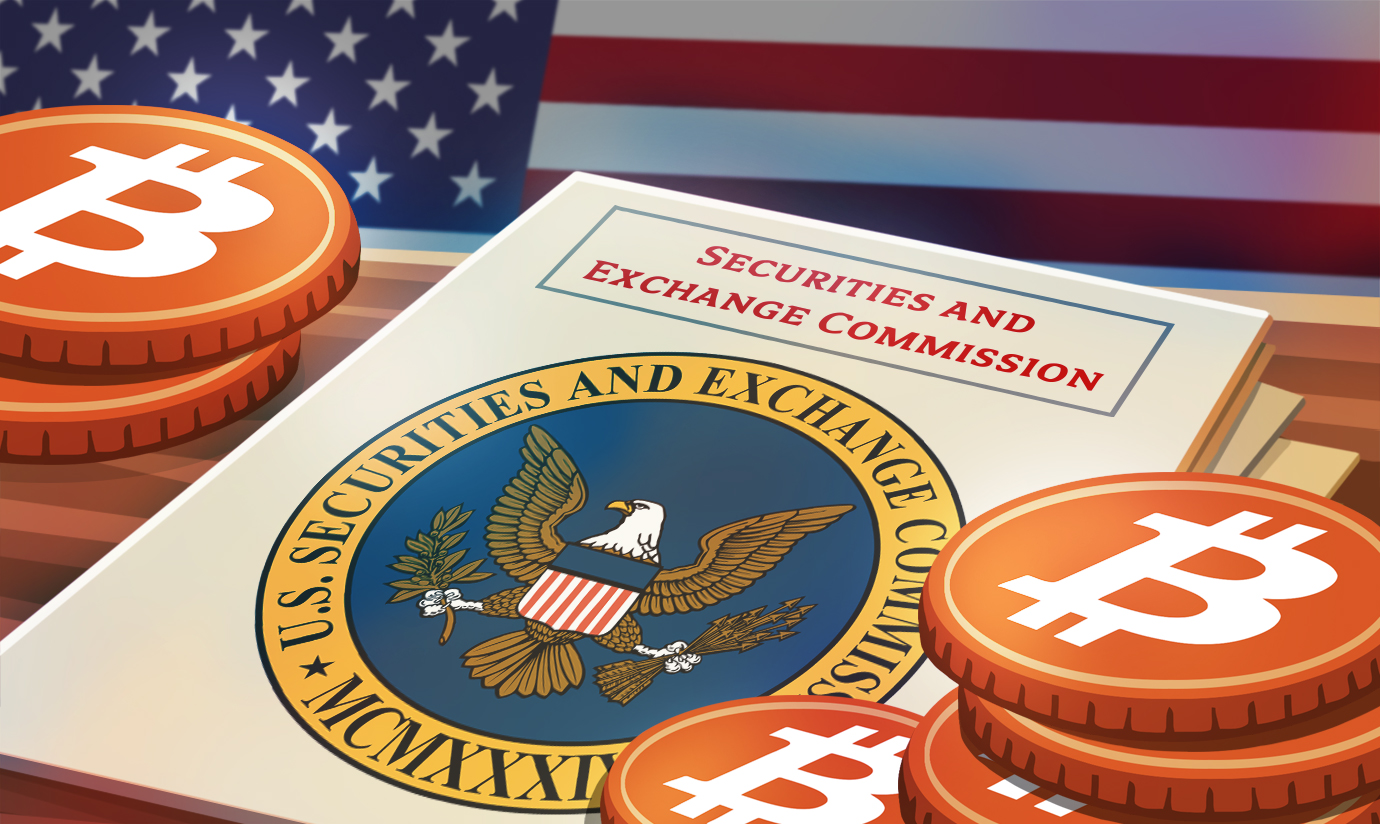categories
All Categories
- Bitcoin
- Centralised Exchanges
- Crypto
- Crypto Asset Volatility
- Crypto Correlations
- Crypto Governance
- Crypto in the Portfolio
- Crypto Valuations
- DeFi
- ESG
- Ethereum
- Investment Highlight
- Regulation
- Security and Privacy
- Social Media Influence
- Stable Coins
- Traditional Finance and Crypto
- Uncategorized
- UNSDG
- Web 3.0
Authors
All Authors

The State of Crypto Regulation in the US
by Henrik Andersson
Introduction
In recent developments, two major centralised crypto exchanges, Binance and Coinbase, have been hit with lawsuits from the U.S. Securities and Exchange Commission (SEC), alleging their involvement in unregistered securities trading. This legal action has brought to the forefront the longstanding complaints within the US crypto industry regarding regulatory uncertainty and the challenges of registration. Furthermore, conflicting views among regulatory bodies and even within the SEC itself have created a climate of uncertainty for market participants. As the legal battles unfold, the US risks falling behind other jurisdictions in terms of providing clarity and fostering innovation in the crypto space.
Lawsuits Against Binance and Coinbase
The SEC’s lawsuits against Binance and Coinbase allege that both exchanges facilitated trading in securities without being registered under the Security Exchange Act of 1934. While the Coinbase lawsuit focuses primarily on this issue, the lawsuit against Binance is more extensive, encompassing additional allegations such as the commingling of customer funds. These lawsuits have intensified concerns within the crypto industry and highlight the need for regulatory clarity.
Regulatory Uncertainty and Conflicting Views
The lack of clear regulation and guidance in the US crypto industry has been a persistent issue. In a recent congressional hearing, SEC Chairman Gary Gensler failed to provide a definitive stance on whether Ethereum, the second-largest crypto asset, should be considered a security. This uncertainty has led to a regulatory approach characterized by after-the-fact enforcement rather than clear forward-looking guidance. Complicating matters further, different regulatory agencies have conflicting views on asset classification. The Commodities Futures Trading Commission (CFTC) argues that Bitcoin and Ethereum are commodities and should be regulated as such.
Changing Positions and Internal Disagreements
The SEC’s evolving stance on crypto assets, along with internal disagreements, has added to the regulatory confusion. Former SEC director William Hinman once asserted that a sufficiently decentralized crypto asset cannot be classified as a security. Commissioner Hester M. Peirce, often referred to as “Crypto Mom” by the industry, has frequently clashed with her fellow SEC commissioners, advocating for a more accommodating approach to crypto innovation. Even Chairman Gary Gensler himself has displayed a shift in attitude with his previous positive remarks about Bitcoin and blockchain contrasting sharply with his current, harsh approach.
Legal Battles and Future Prospects
Both Binance and Coinbase have publicly expressed their intent to fight the SEC’s lawsuits in court. It is important to note that the SEC does not create laws; therefore, the ultimate determination of whether these exchanges violated securities laws rests with the federal court system and the US Congress. These court battles are anticipated to be lengthy and may take years to reach a resolution. However, there is a possibility that new legislation could be enacted before the cases conclude, as Congress recently introduced a bill aimed at providing clarity to the crypto industry.
The US Falling Behind
Ironically, despite being known as the “Land of the Free,” the US is lagging behind other jurisdictions such as Hong Kong, the Middle East, and the European Union in terms of regulatory clarity for crypto assets. The lack of a cohesive and predictable regulatory framework hampers innovation and places the US at a disadvantage in the global crypto landscape.
Conclusion
While the hope remains that the rule of law will ultimately prevail in the US through either new legislation or court decisions, the current situation underscores the urgent need for regulatory clarity and a consistent approach to crypto assets. As other parts of the world forge ahead, the US risks losing its position as a leader in the crypto industry. It is imperative for policymakers and regulators to collaborate with industry stakeholders to strike a balance between investor protection and fostering innovation, thus ensuring the US remains at the forefront of this rapidly evolving sector.